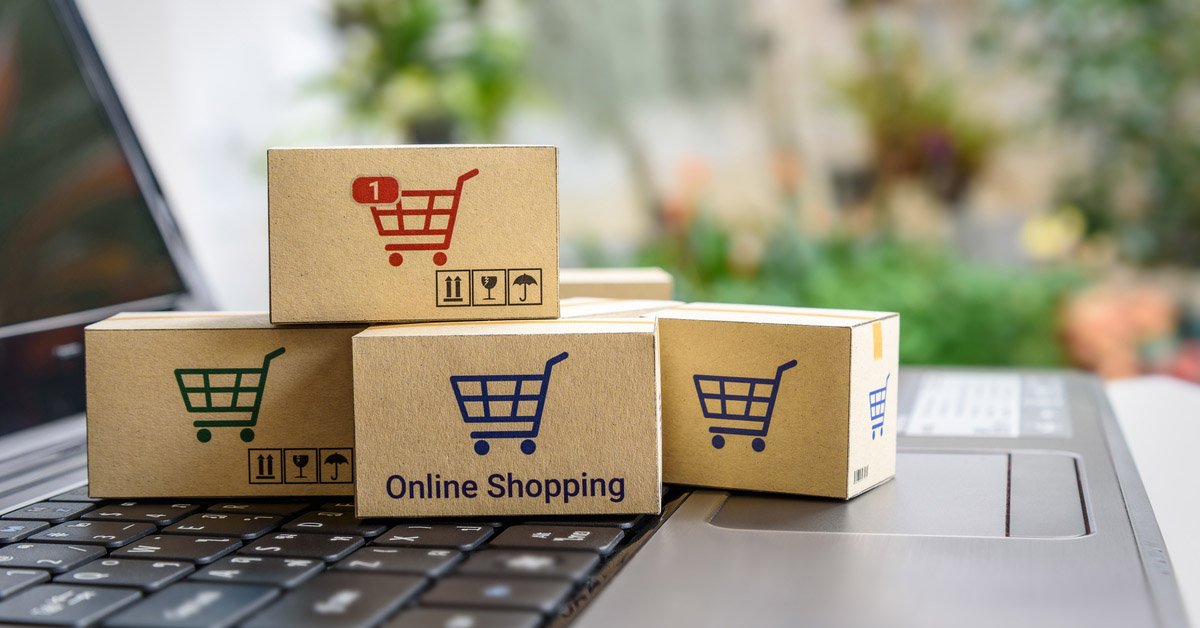For years, (young) online shoppers have enjoyed buying cheap goods online from Chinese E-commerce platforms such as AliExpress and Wish. With a simple click, any price-sensitive consumer can order a cell phone cover for 2 €, a cheap ‘jewel’ for 1.5 € or an inflatable swimming pool for 10 €. Consider these platforms the competitors of chain stores like Action. The prices even include packing and shipping, although delivery might take up to 30 days.
“The Chinese E-commerce platforms mainly rely on very cheap shipping rates through China Post, which uses the worldwide postal network for delivery to consumers’ homes. This may all end soon because of 4 significant events that will impact the delivery flow over the next six months.”
1) shortage of air freight capacity
Due to the Covid-19 situation, there is almost no belly space (cargo shipped in the belly of a passenger plane) offered on the market. Previously, this belly space accounted for more than half of the total cargo capacity worldwide. This phenomenon results in sky high cargo rates, as only freighters and some ‘preighters’ (passenger planes transporting only cargo – see figure 1) are transporting cargo.
Post bags historically enjoyed a preferential rate and treatment with airlines, as post bags were easy to stow between containers in the bellies, and were generally not time sensitive. Average air postal shipping rates have recently increased from about 0.75 USD/kg to up to 7.5 USD/kg, an increase of up to 1000%. In addition, medical and B2B volumes currently get priority over cheap B2C and low yield postal volumes. Parcels bound for Europe are currently piled up in Guangzhou, Shenzhen and Shanghai.

Figure 1: Passenger A330 of Lufthansa used as cargo plane (source: Aircargonews)
2) VAT on orders below 22 euro
The European Union recently approved a new tax scheme for imported parcels shipped straight to consumers, the so called “dropshipping”. Today, VAT is only levied on shipments with a value above 22 euro and import duties are due above a value of 150 euro. A standard principle that several -mainly Asian- sellers use is that they ship the goods via postal air freight assuming that the chance of a “value” check by the Customs is rather low.
As from 1st January 2021, the VAT amount needs to be applied as from 0 euro. This means that all imported goods, including cell phone cases, will become – at least – 21% more expensive, also the very cheap products.
3) UPU agreements increase last mile postal rate
The Universal Postal Union (UPU) recently changed the rules of the game. A big chunk of Chinese ordered online shipments are delivered from the countries’ international postal entry points to the customers’ home using the national postal operators network, such as Bpost. This is driven by the fact that China was considered a Third-World country in the UPU. Having that status implies that local postal operators need to deliver Chinese parcels below 2 kg almost for free.
This rule was agreed several decades ago in order to help developing countries link up with the Western world. However, this rule will change as from 1st July 2020. The Trump Administration forced the UPU last September, under threat of withdrawing the US Postal Services (USPS) from the UPU, to change that rule for China. The new rule is that within 5 years, postal operators within the UPU can increase the rates for intercontinental postal shipments. Forecasts suggest that postal rates will go up by 150% by 2025.

Figure 2: A typical China post parcel (Source: TrackChinaPost)
4) last mile solution more expensive
Using local last mile players (such as GLS, DPD, UPS,…) instead of classic postal operators as a back-up solution is not possible. The last mile rates of these operators are significantly above the current inter-postal rates. In addition, due to the corona crisis, it appears these parcel players are not keen to attract additional volumes at extremely cheap shipping rates. For this we refer to the previously published blog of Roel Gevaers.
A perfect storm
The toxic cocktail of the above events will lead to the “perfect storm” for cheap intercontinental online orders. Consumers will have to pay more for their online shopping on Chinese platforms. Online players that have been focusing more on local and/or continental logistic models (such as Zalando, Amazon, Bol.com) will have the upper hand because their are not as susceptible to this dangerous cocktail.
It seems the business model of these Chinese online players without a European hub, is coming to an end. For Alibaba, it will be essential they have their hub in Liège up and running as soon as possible (with local supplies), if they want to compete for the European online shopper’s attention. Amazon is working on that in Europe as we speak.
“In the end, the ‘buy local’ slogan during Corona lockdown, will become partly true in Western online shopping.”
More information about the research activities of Prof. Wouter Dewulf and Prof. Roel Gevaers can be found on the webpage of the Department of Transport and Regional Economics and C-MAT – Center for Maritime & Air Transport Management.
The Dutch article can be read on the UAntwerp corona blog page.


